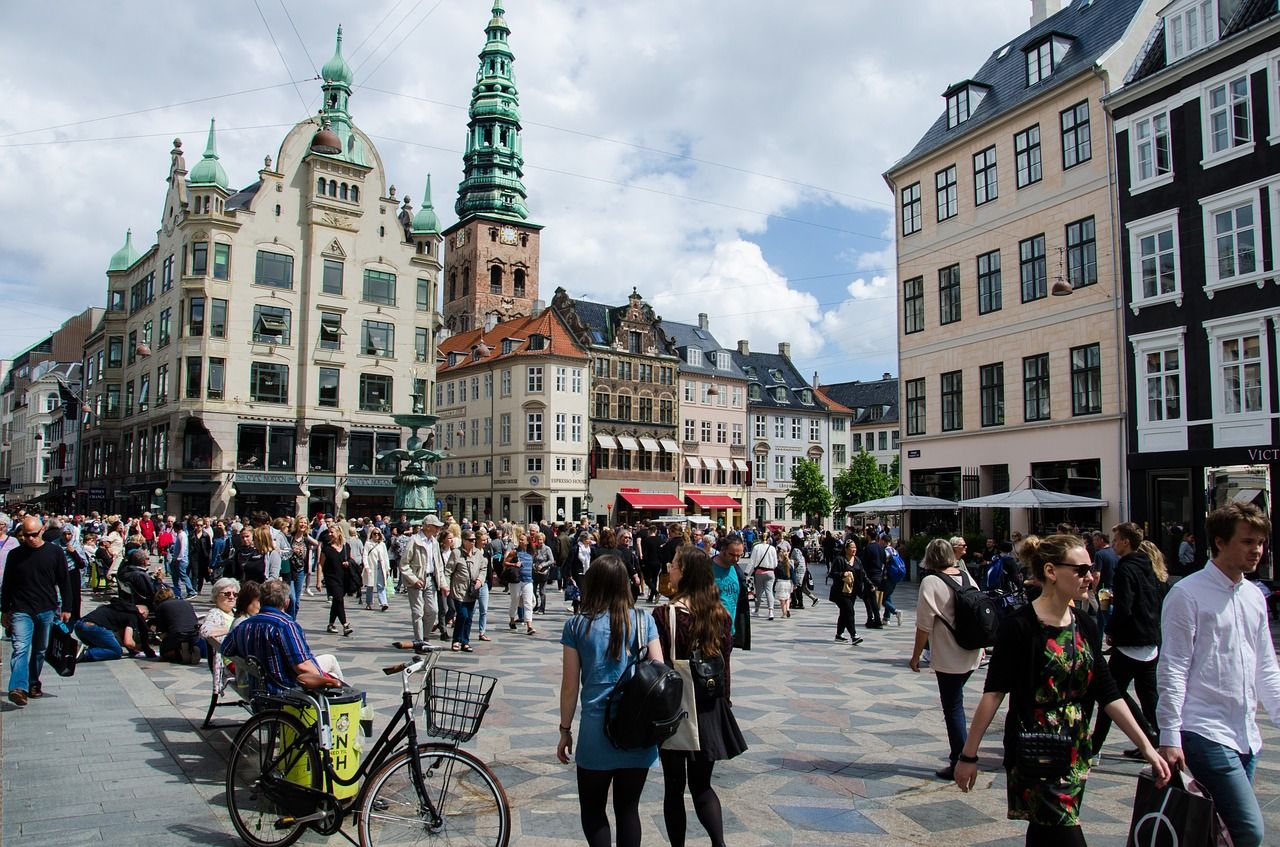According to Tyra Grove Krause, the scientific director of Statens Serum Institut (SSI), Denmark has finally reached herd immunity concerning COVID-19 – at least for now.
The concept of herd immunity refers to when there is so much immunity in the population that a disease can no longer spread widely in society.
Even without restrictions, infection rates have continued to go down. At the moment, the infection rate is hovering between 8,000 and 11,000 a day.
The group that is most immune to corona are young people. The elderly and vulnerable are still the most at risk if they are infected.
Not going away overnight
“The infection doesn’t disappear overnight. Once many people have been infected, they will pass it on to some extent. But it will decrease week by week,” Viggo Andreasen, an associate professor of mathematical epidemiology at Roskilde University, told TV2.
He points out that cities like Copenhagen, which had a high infection rate at the beginning of the year, now have a low number of corona-positive people.
But SSI does not think this is the end of corona. Just like the flu, immunity to corona does not last forever.
A less dangerous one
A new variant is likely. “There is an imminent risk that we will see a new corona variant before the year is out,” predicts Andreasen.
His best guess is that the new version will be a more infectious but less dangerous variant.
“We’ve seen viruses adapt to being higher up in the respiratory tract rather than deep in the lungs because they’re more contagious that way,” he says.
Still nothing is ever certain, and he admits that scientists have been fooled before.
But for the time being, the contact number remains safely below 1 – the necessary ratio for the epidemic to decrease. It is currently 0.7.
The number of tests may have decreased, but so have intensive care admissions.













